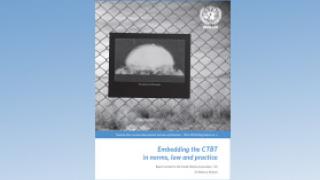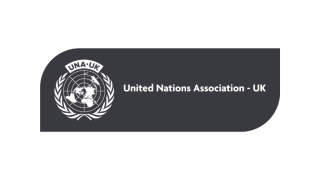
More than 50 years after the first atomic weapon was tested in New Mexico, the 1996 Comprehensive Nuclear-Test-Ban Treaty (CTBT) prohibited nuclear explosions in all environments – underground, atmospheric, under water and outer space, and established a global verification regime. The treaty’s international monitoring system and organisational headquarters in Vienna have already proved their worth in detecting and identifying seismic events and releases of radioactivity, whether the cause is natural, such as earthquakes and tsunami, accidental, such as Fukushima, or clandestine nuclear testing such as the three underground nuclear tests conducted by North Korea since 2006.
However, although the CTBT is one of the most widely supported treaties in history, having been signed by 183 states and ratified by 159, it has still not entered into force. In this report Dr Johnson asks why this is the case, scrutinising the origins and history of the treaty, and the politics that surround it. Crucially, the author stresses the importance of the CTBT in embedding vital norms globally on the prohibition of testing, highlights its part in fostering a reduction of nuclear salience internationally, and assesses future prospects for its entry into force.
For more information on UNA-UK’s Towards Zero programme, or to learn more about the Towards Zero briefing paper series, contact James Kearney, UNA-UK Peace and Security Programmes Manager, at kearney@una.org.uk or on 020 7766 3446.





